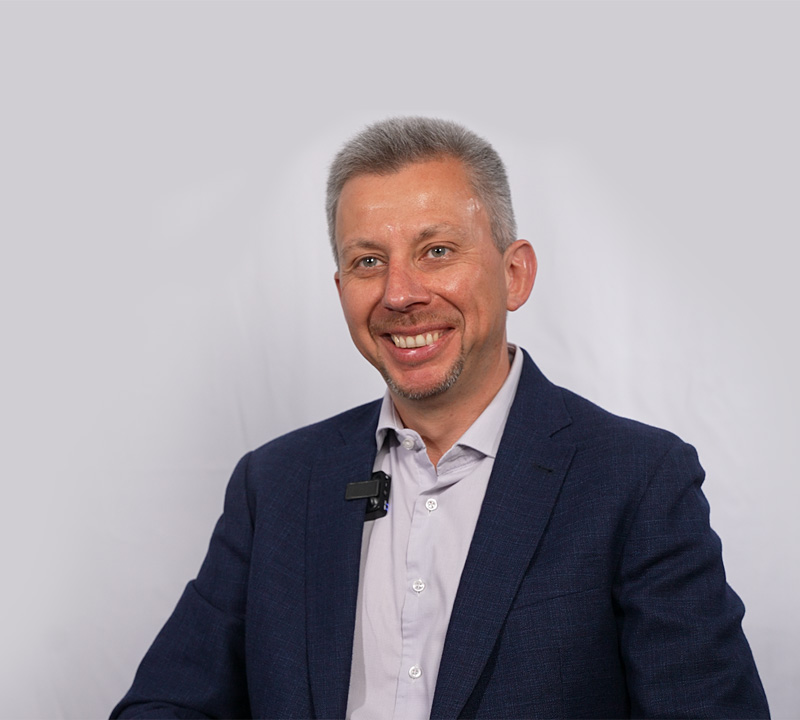Food Systems Podcast 75
Focusing on making growers profitable and sustainable: Insights from the Forum’s Annual Conference 2025 with Roman Tarnovsky
Monday, Aug 11, 2025
In this edition of the Food Systems Podcast, recorded at the Forum’s Annual Conference 2025, Alex Turk talks to Roman Tarnovsky from Indigo, one of the supporting partners of the Forum, about their focus on making growers profitable and sustainable.

Here is a summary of the conversation.
Roman, you work for Indigo, which provides a platform for growers to become more profitable and sustainable. What’s your focus on achieving that?
There are a few pillars to this. We’re motivated by bringing change and sustainability to agriculture, and by making it farmer-centric. That’s key, because farmers need direct incentives and financial benefits to make and sustain change. We’ve built programmes and platforms to help them achieve this in multiple ways.
At the Conference, you’ve talked about innovation for a profitable, climate-smart, nature-positive agri-food sector. What’s your main message?
I focused on lessons from our journey, which has three key elements. Farmers need incentives. Innovation must be designed for scale beyond just pilots. And innovation must earn farmers’ trust, as they are entrepreneurs with limited profit opportunities.
Farmers may be experts on their land, but are they experts in digital technologies? And where does that fit into this conversation?
Farmers are fantastic to learn from – they do things you never thought possible, and they’re great entrepreneurs. But we have to design innovation for scale, which means every farmer benefits from others in the programme, making data collection easier and generating more benefits per hectare due to more people being involved and less statistical uncertainty. This must be done in a way that farmers trust, especially regarding their data.
Is there a gap between theory and practice in earning trust?
Yes, earning trust is continuous. Innovation carries risk, so we must be transparent. It’s a major challenge to move from hundreds of pilots to consistent, scalable operations. Supply chains are crop-specific, but farmers mix crops, so we must be relevant to each farmer and field and know how they want to operate. Farmers also need to maintain choice; we have to enable them without telling them what to do.
What has struck you most from the panel discussions today at the conference?
I learned about amazing technologies, and that we’re all looking at similar problems from different angles, reinforcing the need for collaboration. We know how to work in markets with large commercial farms, but we need to figure out how to effectively bring these technologies to smallholders globally by building on each other’s strengths. We can collaborate more and go faster.
Do you feel that forums like this accelerate the thinking, conversation, and collaboration, given concerns that things don’t go far enough or fast enough?
Absolutely, this is central to such a platform. It’s a like-minded audience with tough questions, which I appreciate. We all agree we’re not going fast enough. Impatience combined with persistence and creativity is great for moving things along, and the Forum is the right platform for this.
You can watch or listen to this podcast on the Website, iTunes, Spotify or Podbean.

Roman Tarnovsky
Roman leads Indigo’s sustainable agriculture programs, including Carbon and sustainable grain (scope 3) solutions, and their scale-up...see more
